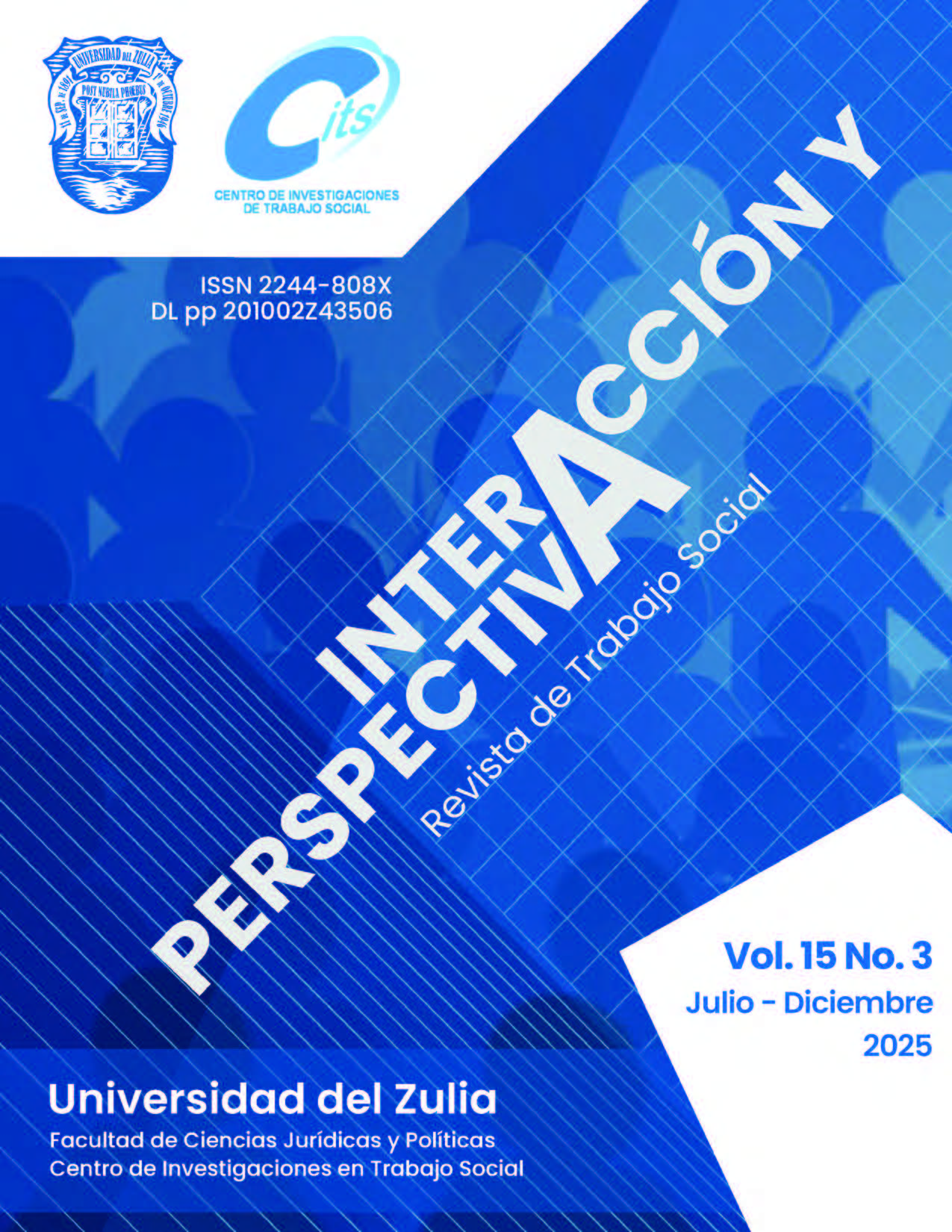Dilema sobre las decisiones sobre el embarazo: un estudio de mujeres alfabetizadas
Resumen
Este estudio examina el impacto del dimorfismo sexual en las capacidades cognitivas y la inteligencia social en adolescentes y estudiantes universitarios. La investigación emplea un enfoque de método mixto, integrando pruebas cognitivas (anagrama, generalización, autoevaluación) y evaluaciones de inteligencia social (labilidad intelectual, motivación para la autoevaluación). Los hallazgos revelan que mientras que los estudiantes varones demuestran una mayor adaptabilidad en las interacciones sociales, las estudiantes mujeres exhiben mayores niveles de iniciativa e inteligencia social autopercibida. La estabilidad emocional juega un papel crucial en el rendimiento cognitivo, ya que los estudiantes que experimentan malestar emocional muestran una menor eficiencia cognitiva. Estos resultados resaltan la necesidad de incorporar un entrenamiento cognitivo y de inteligencia social específico para cada género en los marcos educativos para fomentar un desarrollo personal y profesional equilibrado. Al comprender la interacción entre las habilidades cognitivas, la inteligencia social y el dimorfismo sexual, este estudio proporciona información valiosa para dar forma a las políticas educativas que apoyan tanto el crecimiento individual como el progreso social.
Descargas
Citas
Sajjad, M. W. (2023). Prioritizing Religious Freedoms: Islam, Pakistan, and the Human Rights Discourse. Muslim World Journal of Human Rights, 20(1), 47-68.
Memon, Z. A., Ahmed, W., Lashari, T. H., Jawwad, M., Reale, S., Spencer, R., & Soltani, H. (2023). Impact of Integrating Family planning with Maternal and child health on uptake of contraception: A Quasi-Experimental Study in Rural Pakistan.
Shaheen, S., Harun, N., Ijaz, R., Mukhtar, N., Ashfaq, M., Bibi, F., & Khalid, Z. (2023). Sustainability Issues in Conservation of Traditional Medicinal Herbs and Their Associated Knowledge: A Case Study of District Lahore, Punjab, Pakistan. Sustainability, 15(9), 7343.
Ramzan, S., Nusrat, G., & Arif, S. (2023). Marginalization of Women in Patriarchy: A Cultural Materialistic Critique of Kamal’s Unmarriageable and Austen’s Pride and Prejudice. Pakistan Languages and Humanities Review, 7(2), 346-354.
Malik, A., Park, S., Mumtaz, S., Rowther, A., Zulfiqar, S., Perin, J., & Surkan, P. J. (2023). Perceived social support and women’s empowerment and their associations with pregnancy experiences in anxious women: a study from urban Pakistan. Maternal and child health journal, 27(5), 916-925.
Mahmood, S., Hameed, W., & Siddiqi, S. (2022). Are women with disabilities less likely to utilize essential maternal and reproductive health services?—A secondary analysis of Pakistan Demographic Health Survey. Plos one, 17(8), e0273869.
Sattar, T., Ahmad, S., & Asim, M. (2022). Intimate partner violence against women in Southern Punjab, Pakistan: A phenomenological study. BMC women’s health, 22(1), 505.
Saeed, S., Pillai, V., & Gouher, A. (2021). Reproductive rights knowledge, health care utilization, and contraceptive use in Pakistan: a reproductive rights perspective. Open Access Journal of Contraception, 113-121.
Eriksson, M. K. (2021). Reproductive freedom: In the context of international human rights and humanitarian law (Vol. 60). Brill.
Asif, M. F., & Pervaiz, Z. (2021). Correction to: Socio-demographic determinants of unmet need for family planning among married women in Pakistan. BMC Public Health, 21, 1.
Green, E. C., Murphy, E. M., & Gryboski, K. (2020). The health belief model. The Wiley encyclopedia of health psychology, 211-214.
Elizabeth, S., Diya, N., & Saranzaya, G. (2019). Women Deliver 2019: Delivering a Better World for All. The Asia Foundation.
World Bank. (2019). Women, Business, and the Law 2019. Retrieved from https://openknowledge.worldbank.org/bitstream/handle/10986/32438/9781464814270.pdf
Takegata, M.; Haruna, M.; Morikawa, M.; Yonezawa, K.; Komada, M.; Severinsson, E. (2018) Qualitative exploration of fear of childbirth and preferences for mode of birth among Japanese primiparas. Nurs. Health Sci., 20, 338–345.
Ohashi, Y.; Sakanashi, K.; Tanaka, T.; Kitamura, T. (2016) Mother-to-infant bonding disorder, but not depression, 5 days after delivery is a risk factor for neonate emotional abuse: A study in Japanese mothers of 1-month olds. Open Fam. Stud. J., 8, 27–36.
Mustapa, M. C., Ismail, K. H., Mohamad, M. S., & Ibrahim, F. (2015). Knowledge on sexuality and reproductive health of Malaysian adolescents–A short review. Procedia-Social and Behavioral Sciences, 211, 221-225.
Saeed, S. (2012). Modeling Son Preference in Pakistan. University of Texas, Arlington.
Patton, G. C., Coffey, C., Sawyer, S. M., Viner, R. M., Haller, D. M., Bose, K., & Mathers, C. D. (2009). Global patterns of mortality in young people: a systematic analysis of population health data. The lancet, 374(9693), 881-892.
Hudson, V. M. (2005). Foreign policy analysis and gender. International Studies Review, 7(4), 641-654.
Kabeer, N. (2005). Gender equality and women’s empowerment: A critical analysis of the third Millennium Development Goal 1. Gender & Development, 13(1), 13-24.
Zimmerman, M. A. (2000). Empowerment theory: Psychological, organizational and community levels of analysis. In Handbook of community psychology (pp. 43-63). Boston, MA: Springer US.
Bandura, A., & Wessels, S. (1997). Self-efficacy (pp. 4-6). Cambridge: Cambridge University Press.
Kitamura, T.; Shima, S.; Sugawara, M.; Toda, M. (1993) Psychological and social correlates of the onset of affective disorders among pregnant women. Psychol. Med., 23, 967–975.
Sen, A. (1990). More than 100 million women are missing. The New York Review of Books, 37(20), 61-66.

















